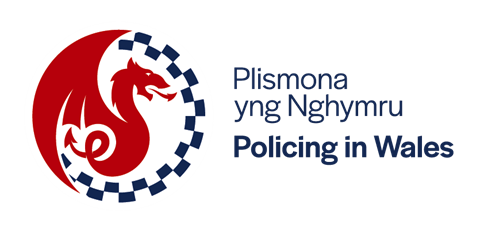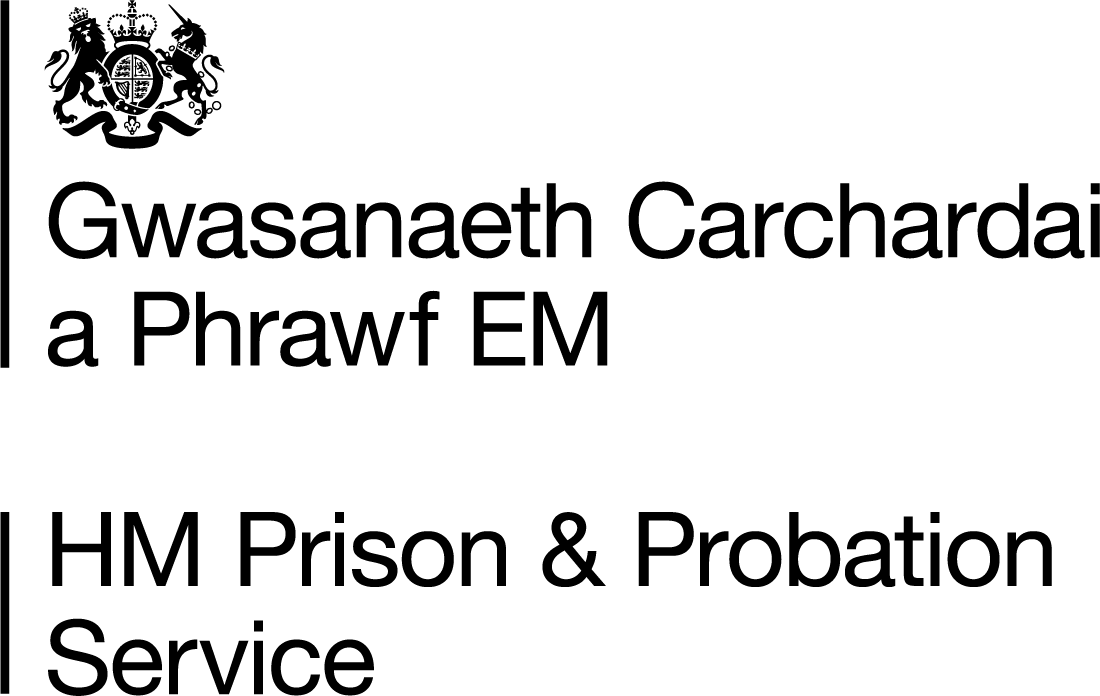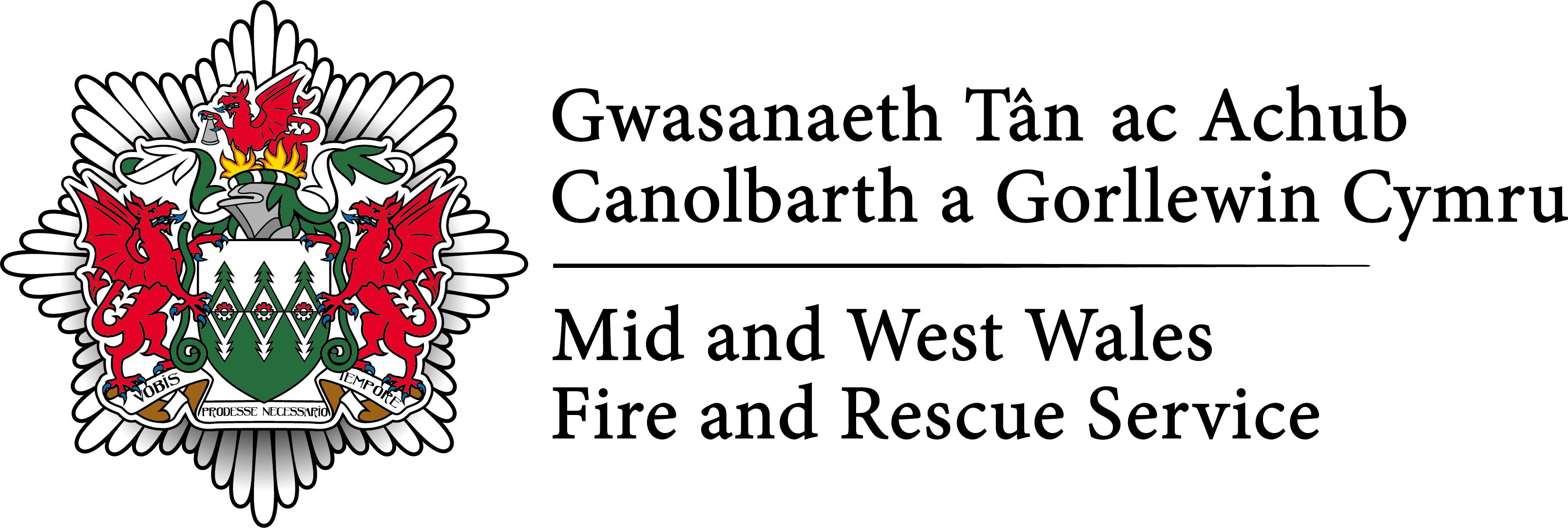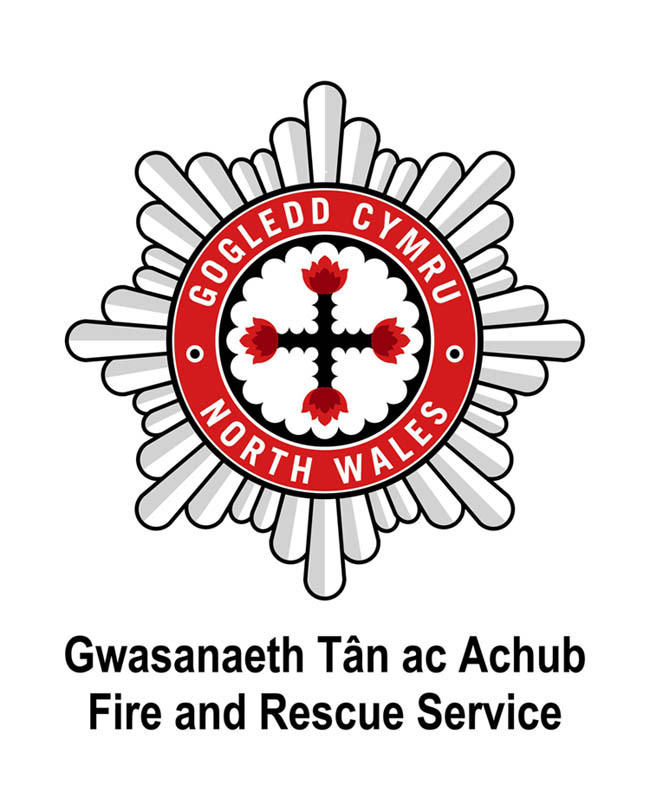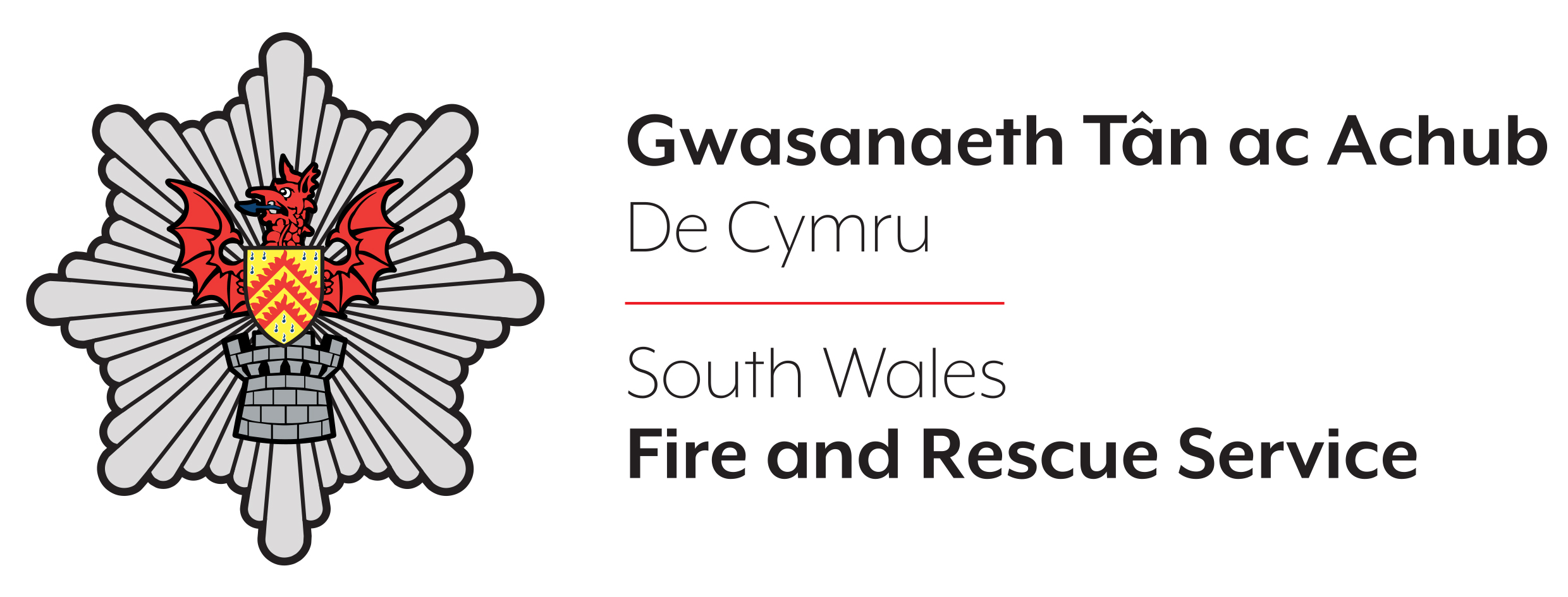The Civil Contingencies Act 2004 and guidance provides the modern framework for emergency preparedness and resilience. Also see our topic on Terrorism and Extremism.
- Directory
- Topics
- All Topics
- Anti-Social Behaviour & Disorder
- Crime & Crime Prevention
- Equalities, Inclusion & Cohesion
- Modern Slavery & Exploitation
- Offending & Justice
- Public Safety
- Safeguarding & Early Intervention
- Serious Violence & Organised Crime
- Terrorism & Extremism
- Violence Against Women, Domestic Abuse & Sexual Violence
- Updates
- Training
- Awards
- Resources
- About






